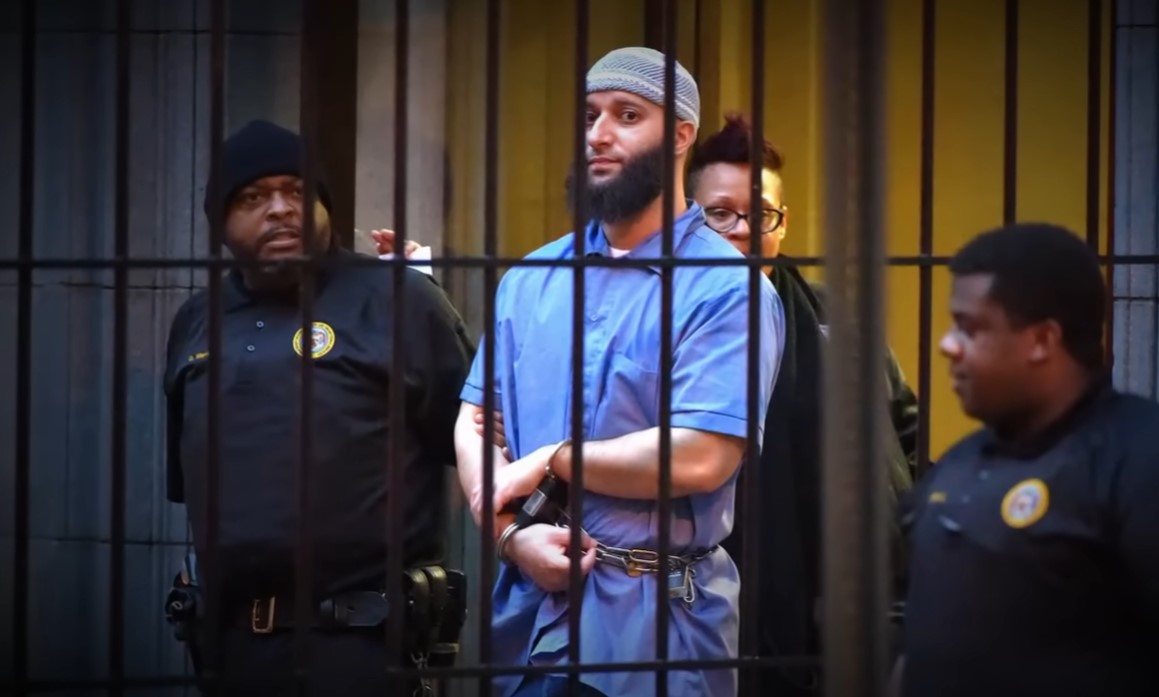Serial’s impact…eight years later



Adnan Syed is a free man. After 22 years in prison, Syed was released this week after being convicted in 2000 of the murder of his high-school ex-girlfriend, Hae Min Lee. Syed’s case was popularized on Serial, Sarah Koenig’s podcast that brought not only podcasting but true crime to the mainstream. Serial aired in 2014, yet despite the overwhelming popularity of the series—if it were on television, it would be called a “watercooler” show—it still took eight more years for Syed’s case to be appealed, reviewed, and eventually, overturned. His 2000 conviction has been vacated, though there is still a 30-day period in which prosecutors can elect to file new charges. They probably won’t, though, since it was prosecutors who asked for Syed’s conviction to be overturned.
While the impact of Serial on Syed’s case cannot be overstated, at the end of the day, it was slow, plodding casework that resulted in Syed’s release. Numerous appeals following Serial all failed, including a 2019 review by Maryland’s Supreme Court (the US Supreme Court declined to hear his case that same year). It was a prosecutorial review by the state attorney’s office that did it. The Baltimore state attorney filed a motion to vacate Syed’s conviction last week, following an almost year-long review of his case which found many of the same discrepancies and subpar investigatory work that Koenig uncovered on Serial, with an added bonus of finding the prosecution failed to share exculpatory evidence with the defense. True crime aficionados know—that one will get you every time, assuming your case comes in for review.
https://twitter.com/DW_reader/status/1571957578120273920
Serial did not leave me 100% convinced of Syed’s innocence, but it DID convince me the prosecution didn’t really make their case, and a better defense team probably would have done better by Syed against such a weak prosecution. The evidence found by the prosecutorial review isn’t really “new”, but it underscores how shoddy the initial investigation was, with potential suspects ignored, Jay’s f-cking shady statements going unchallenged, and misusing cellphone data. There is also new DNA testing underway, which could potentially exonerate Syed. For now, he is under home supervision and GPS monitoring, unless and until the prosecution decides to bring a new case, which again, they probably won’t. They don’t have any more evidence than they did in 2000, and if the DNA tests come back negative, Syed will be totally vindicated.
Many people tie the mainstream popularization of true crime to Serial. True crime has always been popular—my grandparents went to see Bonnie and Clyde’s bullet-riddled, blood-splattered car at a state fair in the 1930s, and my great aunt avidly followed bank robbers’ careers in the newspapers throughout the early 20th century—but Serial popularized a new format, the podcast, that makes true crime especially digestible. Aficionados, murderinos, whatever you call us, will read books and articles, and watch every documentary and episode of Cold Case Files, but true crime thrives in the telling. And Sarah Koenig is a GREAT storyteller, which translates well with Serial and the quasi-real time feel the episodes have, as Koenig retraces the steps of the original investigation and comes up with more questions than answers. There are many potential wrongful convictions out there—depressingly—but what makes Adnan Syed’s case stand out is how Koenig tells Adnan Syed’s story. Credit here also, of course, to Rabia Chaudry who brought the case in the first place to Koenig.
https://twitter.com/rgay/status/1571969522969759744
But the mainstreaming of the genre rarely results in outcomes like Syed’s. Brendan Dassey, for instance, featured in Netflix’s wildly popular 2015 true crime docuseries Making a Murderer, remains in prison despite that series prompting serious questions about his interrogations and fitness to stand trial in the first place. And for every Joseph James DeAngelo, Jr., there remain countless unsolved cases, and I’m not even talking about the historical cases, like Jack the Ripper or Hinterkaifeck, that we simply cannot solve now for lack of remaining evidence. Wins, such as they are, are few and far between in true crime, which is why Syed was greeted outside the courthouse with cheers.
https://twitter.com/katieleebarlow/status/1571963003976687616?
But while it is good news for Syed at last, nothing can undo the 22 years he spent in prison. And Hae Min Lee has been deprived of justice for over two decades. True crime stories never really have happy endings, which is something Serial drove home. Some people were irked the podcast didn’t wrap up in a nice, neat Law & Order bow (let John Oliver tell you why that’s bullsh-t anyway), but Sarah Koenig’s ambivalent ending was perfect for the genre. Most true crime stories—the best ones, frankly—leave you with more questions than answers. But now, eight years on, Serial has a coda that provides a conclusion, at least a path to one, for Adnan Syed. Hae Min Lee, however, is still waiting for her story to be told.
What's the first thing Adnan Syed did upon returning home after 23 years in prison? Hit the fridge for some leftovers.
— NowThis Impact (@nowthisimpact) September 21, 2022
The 41-year-old, whose case was made famous by the 2014 season of the podcast 'Serial,' had his murder conviction vacated by a Maryland judge on Monday. pic.twitter.com/XBfltTGKD9

